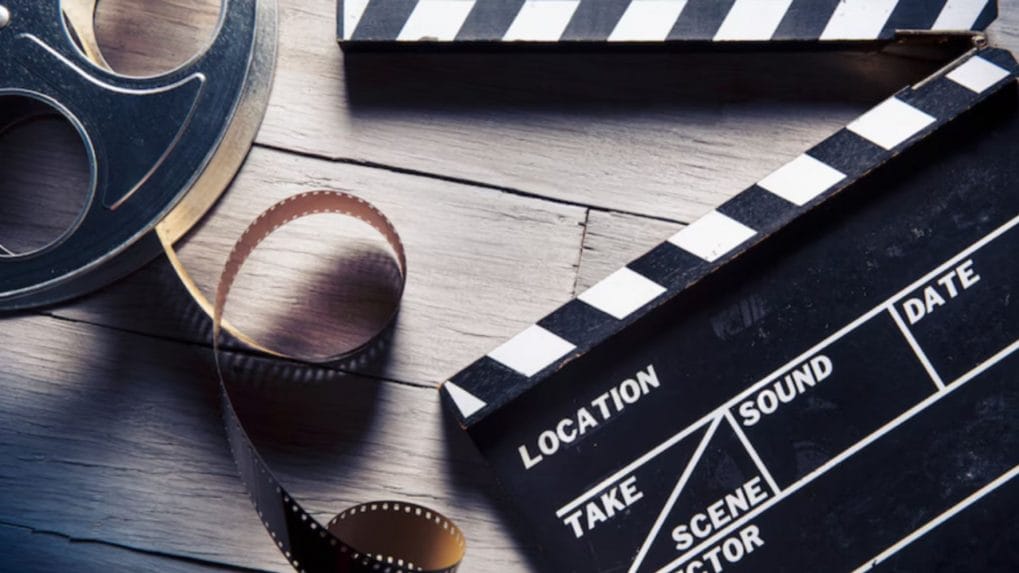Advertising
From Pink Slips to Silent Sidelining: Inside adland’s layoff and anxiety crisis

As artificial intelligence reshapes the creative economy, Hollywood and Bollywood are aligning like never before, this time to urge the Indian government for tighter copyright protections that would prevent AI firms from using movies, shows, and music to train their models without permission.
Reuters reported, the Motion Picture Association (MPA) representing global giants like Warner Bros, Paramount and Netflix; and the Producers Guild of India have written to a government-appointed panel seeking a licensing-based framework over any broad exemptions that allow AI developers to freely use copyrighted works.
A Rare Cross-Industry Alliance
India’s Commerce Ministry panel, chaired by official Himani Pande, is currently reviewing whether the country’s Copyright Act of 1957 needs to be updated to address AI-related disputes. The panel includes lawyers, policymakers and entertainment industry leaders, and is expected to submit its recommendations soon.
In an August 2 letter, MPA India Managing Director Uday Singh warned that allowing AI firms unrestricted access to copyrighted content would “undermine the incentive to create new works and erode copyright protection in India.” Similarly, Producers Guild of India CEO Nitin Tej Ahuja emphasized that “licensing copyrighted works is essential for creators’ revenue and business sustainability.”
The film industry’s concern stems from the fear that AI companies could scrape videos, images, trailers and even pirated content to feed their models, potentially producing derivative works that mimic original creations.
Unlike the European Union, which allows content owners to opt out, or Japan, which broadly exempts AI training, India currently has no explicit legal framework governing such use.
A Deloitte–MPA study earlier this year found India’s film, TV, and online content industry generated $13.1 billion in 2023, growing at 18% annually since 2019, making it one of the most dynamic entertainment markets globally.
The lobbying has exposed a deep divide between content owners and AI firms. While the film industry argues for consent-based licensing, the Business Software Alliance (BSA), which represents AI players like OpenAI, has urged India to permit lawful AI use through fair-use exceptions, to support innovation.
MPA members, however, reject even an opt-out system, saying it unfairly shifts the burden onto creators to monitor unauthorized usage across countless AI platforms.
The debate comes amid growing anxiety in Bollywood, after a celebrity couple recently went to court over AI-generated manipulated videos spreading online. The case has intensified calls for clear AI governance and copyright safeguards.
From purpose-driven work and narrative-rich brand films to AI-enabled ideas and creator-led collaborations, the awards reflect the full spectrum of modern creativity.
Read MoreLooking ahead to the close of 2025 and into 2026, Sorrell sees technology platforms as the clear winners. He described them as “nation states in their own right”, with market capitalisations that exceed the GDPs of many countries.